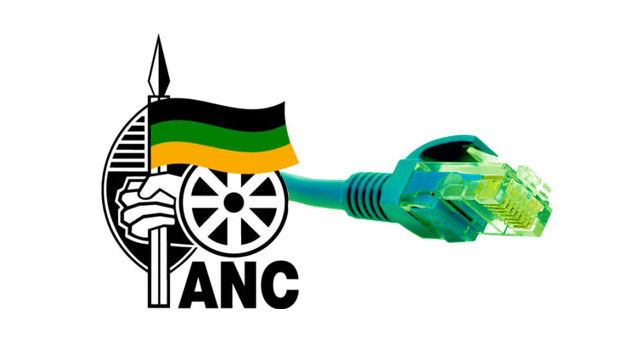
One of the ANC discussion documents, published at the weekend ahead of the party’s national policy conference to be held from 30 June to 5 July 2017, has warned that efforts to license competition to DStv parent MultiChoice have proven “futile” and that a new strategy is needed to open the market to competition.
In a document dealing with ICT, entitled “Towards the Fourth Industrial Revolution”, the ruling party says that “it seems there are limited or no prospects under current conditions of any new player successfully entering and competing against the existing monopoly due to its dominance”.
The document says a “multipronged strategy” is needed to address the problems in the subscription broadcasting market, including a review of the licensing conditions for pay-television companies.
“Facilitating growth in the subscription market requires the review of the licensing conditions of the subscription services,” the discussion document says. “The current regulatory regime imposed at the time when the subscription market was small and had a relatively insignificant share of the total audience must be changed to reflect the size and therefore the obligations to ensure fairness across the whole television market.”
The document says, without elaborating about what it means, that the “technology platform” must be opened “for use by new entrants” and that “diverse suppliers” must be allowed to “provide services across the different elements of the subscription value chain”.
Elsewhere, it says: “South Africa must open the subscription television market, which is currently dominated by one player, Naspers, through MultiChoice and DStv.”
It says there is “a need to review the legislative limitations on advertising revenues, considering the prevailing conditions in South Africa”.
“[These] limitations were intended to protect the [free-to-air broadcasting] sector (which therefore has greater obligations in relation to, for example, South African content quotas). Advertising revenue collected by a pay-TV operator must always, according to law, be lower that of subscription revenue. However, subscription revenue now exceeds total advertising revenue and the limitations are therefore meaningless. This must be addressed to ensure the viability of [free-to-air] services both during and after digital migration.”
The document warns that, in recent years, the broadcasting regulatory system “has not been effective and has resulted in operators not fulfilling their licence conditions”. It doesn’t elaborate on this, but says: “The establishment of two regulators as per the [national integrated ICT policy] white paper, one for content and the other for competition and networks, will help address this issue.

“These two regulators must be established without delay so that they provide the necessary capacity for flexible and proactive regulation…”
Elsewhere in the document, the ANC says the move to digital terrestrial television must be used to strengthen free-to-air broadcasters, benefitting public, community and commercial services.
Moreover, digital migration should be used to break up “monopolies and concentration across the television and audiovisual content value chains and, for example, address [the] decoder monopoly, promote interoperability of decoders and position South Africa to be a preferred producer of all-in-one decoders (decoders enabled with digital terrestrial television, Internet connectivity, the Internet of things and pay-TV, etc”.
The discussion document also touches on the entry of “over-the-top” (OTT) services in broadcasting in South Africa. Such services include the likes of Netflix, YouTube and Amazon Prime Video. The ANC warns their entry could lead to “unfair competition to existing licensees who have public interest obligations attached to their licences”.
“The regulatory framework must be fine-tuned to create a level playing field,” it says. “The review of broadcasting policy, for example, must expand the definition of broadcasting to take into consideration broadcast-like services that have been enabled by technology changes.
“Policy must also encourage the emergence of South African OTTs so that they can meet the needs of local content and societal needs while competing with the foreign OTTs. The regulation of OTTs will be graduated to reflect their market power and ability to provide services that replace the current regulated services.” — © 2017 NewsCentral Media
- Read the full ANC discussion document (PDF)



